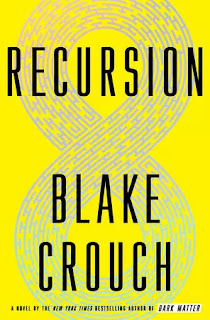Well, here we are again. It’s November and tomorrow kicks off National Novel Writing Month. It’s a fun exercise in which you write a 50,000-word novel in the 30 days of the month. That averages out to 1,667 words a day for thirty days.
You may think that it too daunting a challenge. I’m here to tell you it is not.
I know. I’ve done NaNoWriMo in November multiple times. I’ve also done it in a January, a February, a March, and various other times.
It is entirely doable, but take two key lessons I’ve learned in writing a novel in a month.
Stay Flexible
If there’s one thing you must keep in mind as you write your story this month is to stay flexible. Writing a novel is not a sprint. It is a marathon. Each day, however, can feel like a sprint, and I treat them that way. The sprint is the 1,667 words. But here’s a huge weight you can lift off your shoulders.
Don’t get too bogged down in the daily weeds. Maintain the overall goal: 50,000. Some days, you’ll blow past the 1,667 mark. Others you may fall short. You can make it up. Don’t lose sight of the end goal: a completed story. In the end, it won’t matter if you didn’t reach your daily goal for a third of the days and exceeded it on the rest. All that matters is a 50,000-word completed novel.
Have Fun
In every NaNoWriMo novel I’ve written, there is a wonderful urgency to get the words down. That’s good. But you are also the first reader of the book you are writing. Entertain yourself! Have fun.
My writing times are always in the early mornings before the day job starts. Now that I’m working from home because of the pandemic, I have some extra time (because I don’t have a commute). I rise at 5:00 am for these writing sessions. Yeah, that’s sleeping in because I used to wake at 4:30.
The family is asleep and I am by myself with my characters and story. I open the laptop and start the daily writing. And I am gone out of this world and into the world of my story.
And I’m grinning at times. My heart races at other times. Heck, I’ve even teared up writing certain scenes. The thing is, I’m wholly invested in the tale.
It is one of the best feelings out there.
So have fun, stay flexible, and enjoy NaNoWriMo 2020.

